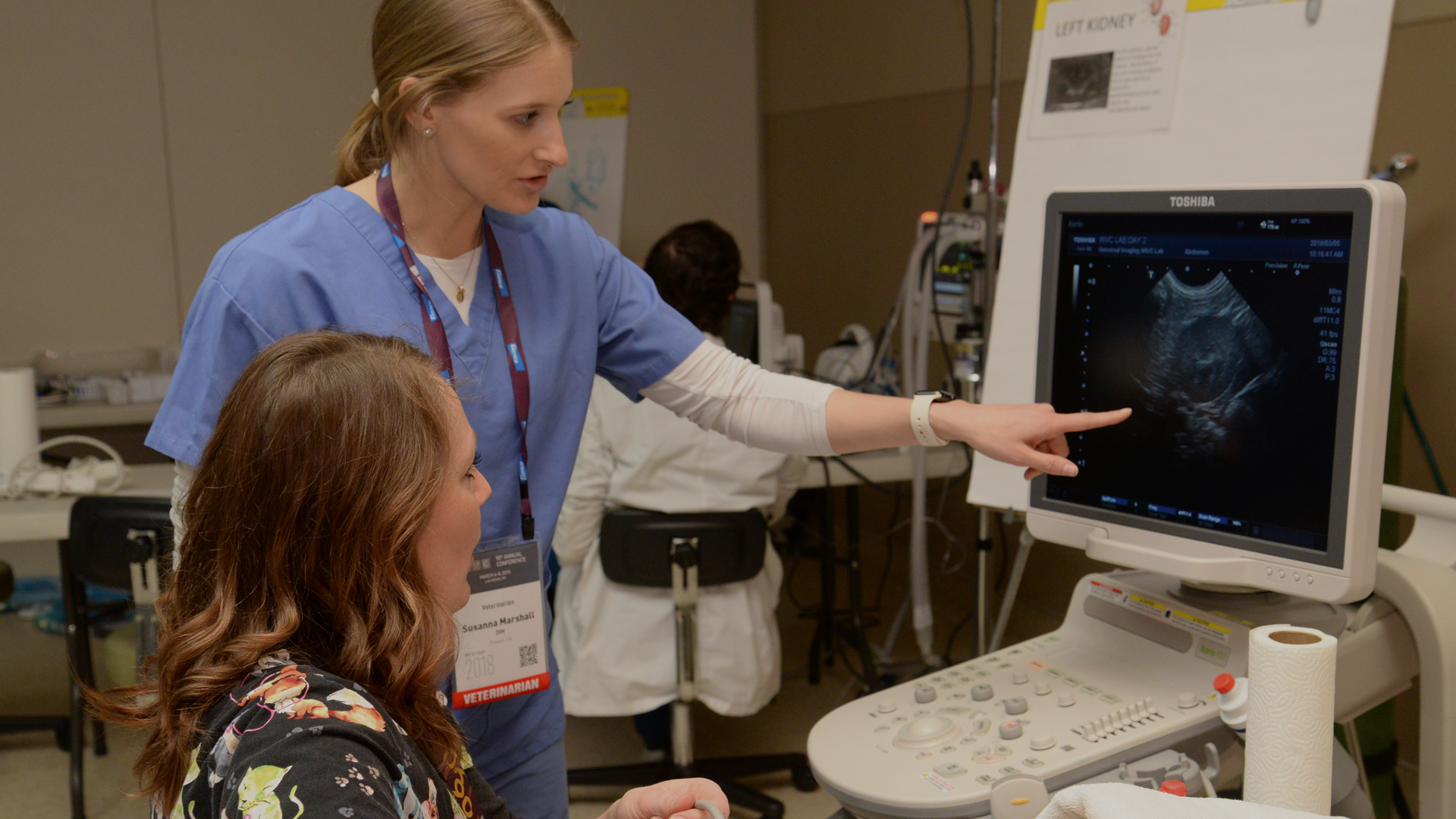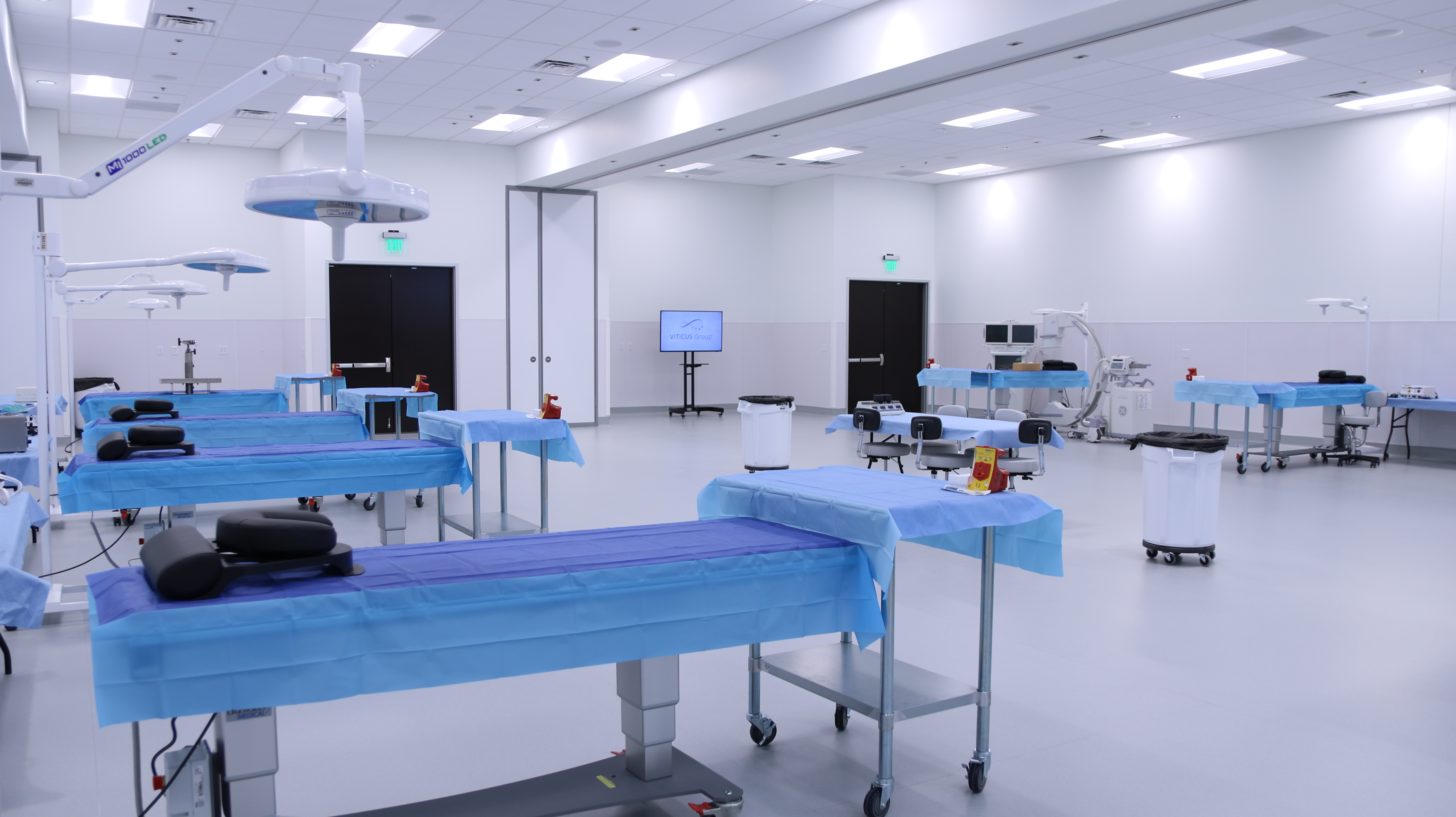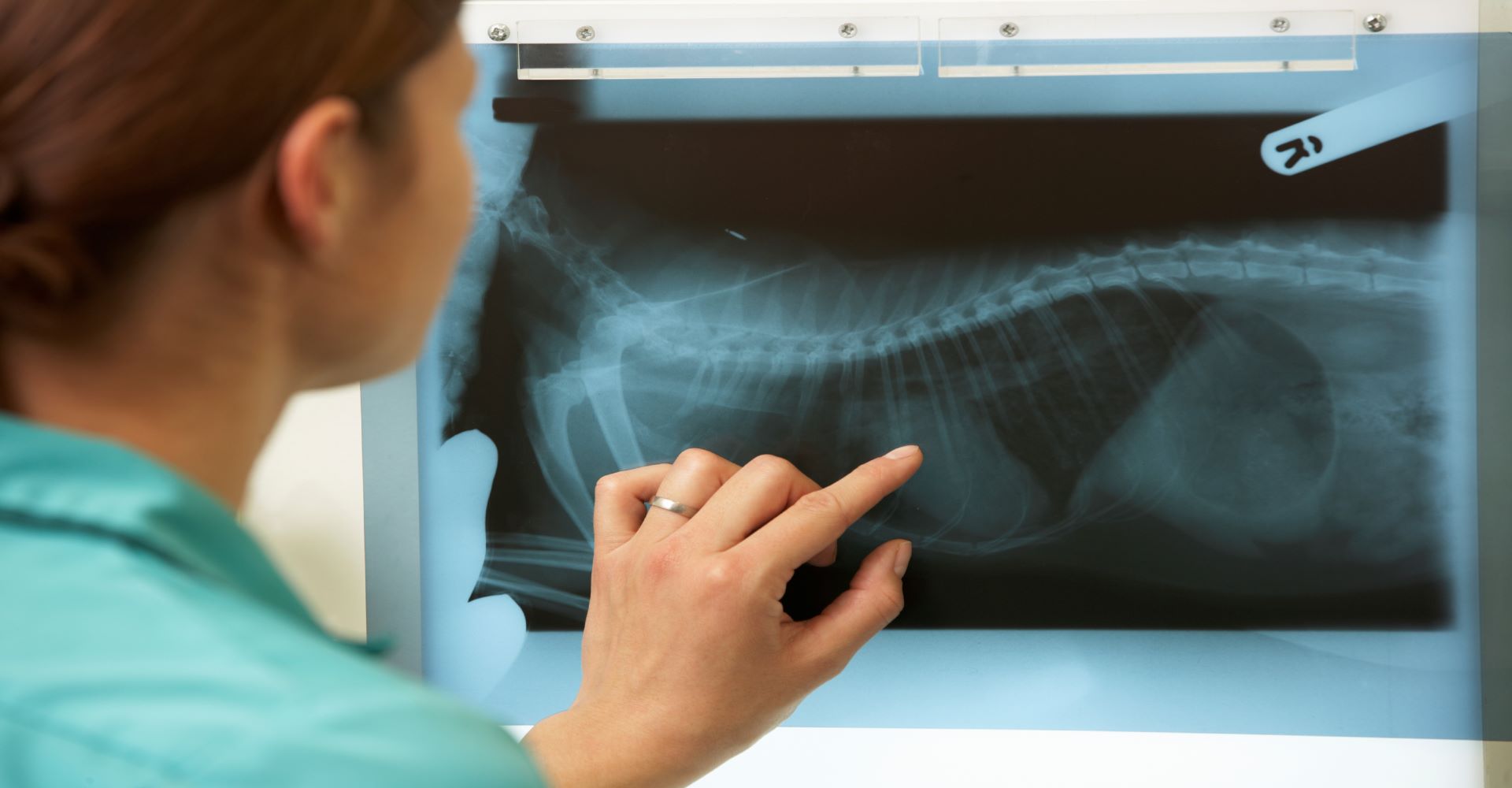Hands-on Soft-Tissue Surgery & Ultrasound Labs
Despite all the challenges facing hands-on medical training in 2020, WVC Academy at the Viticus Center looks forward to hosting soft tissue surgery...

Ultrasound is an extremely versatile tool, a noninvasive way to quickly identify a number of issues, but it is often underused. Here are 3 things about ultrasound you may not have known before.
Do you find yourself using ultrasound every so often but feel like its potential is so much more? Boarded radiologist Nathan Nelson, DVM, MS, DACVR, agrees with you. In his conversation with Dr. Natalie Marks in the Quick Cup of Knowledge video “Ultrasound,” Dr. Nelson says that many veterinarians and veterinary technicians may not realize the variety of issues that can quickly and easily be diagnosed using ultrasound. It allows for a confident diagnosis without the need for an invasive surgery.
For Dr. Nelson, there are a few things that all veterinarians and veterinary technicians should know about using ultrasound:
1) Not Just the Abdomen
When thinking about investing in an ultrasound machine, many practitioners forget that it can be used to look at several parts of the body other than the abdomen. Dr. Nelson especially mentions the eye as being accessible and easy in finding the cause of issues like hyphema or eye trauma, whether it’s a retinal detachment or mass.
The neck is another area where ultrasound can give you quick and easy answers. If you feel a mass, ultrasound can tell you whether it’s connected to the thyroid or lymph node.
2) Many Levels of Use
Many think that whenever ultrasound is used, it must be used at the difficult full-scan level that a radiologist might do. Dr. Nelson debunks that conception and says that any veterinarian or veterinary technician may use ultrasound at a basic or intermediate level on a day-to-day basis after a few hours of training in a lab.
There are a variety of uses for ultrasound that range from very easy to more difficult. Some of the easier organs to locate like the urinary bladder and kidneys, in fact, are where you could find many common problems.
3) Utilize Veterinary Technicians
Veterinary technicians becoming more familiar with ultrasound is an area of tremendous growth right now. There are veterinary technician specific labs held where participants are enthusiastic about becoming confident in developing their skills and realizing the potential they are bringing to their practices.
Veterinary technicians are able to scan, acquire, and document the appropriate images so the veterinarian can simply check those images, saving the veterinarian a lot of time and effort. Utilizing your team more in this way is empowering and is something veterinary technicians generally enjoy doing.
Now that you’re excited about ultrasound, take your skills to the next level at the Intermediate Abdominal Ultrasound course in November or Advanced Abdominal Ultrasound course in December.
Stay in the Know!
Click the link to subscribe to our YouTube channel or check out our WVC Resource Library full of great podcasts, videos, and digital downloads!
Disclaimer
Content may contain advertising and sponsorships. Advertisers and sponsors are responsible for ensuring that material submitted for inclusion is accurate and complies with applicable laws. We are not responsible for the illegality or any error, inaccuracy or problem in the advertiser’s or sponsor’s materials.
Advertising and sponsorship material and/or opinions are not are not a reflection on Viticus Group.

Despite all the challenges facing hands-on medical training in 2020, WVC Academy at the Viticus Center looks forward to hosting soft tissue surgery...

Looking to enhance your radiology skills? Dr. Jay Griffin talks about how radiology can help improve patient care and generate revenue for your...
.jpg)
While the COVID-19 pandemic has dramatically changed the way veterinarians interact with patients and pet parents, it hasn't seemed to slow the need...